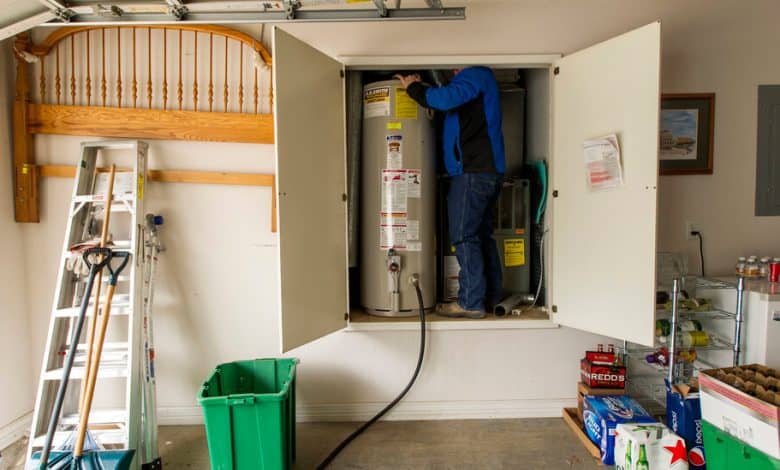Water Heaters Use Lots of Energy. The D.O.E. Wants to Change That.

The Biden administration on Tuesday adopted stricter energy-efficiency standards for residential water heaters, the most consequential move in a flurry of changes designed to reduce the energy used by many common appliances including stoves, dishwashers and lightbulbs.
The Department of Energy said the new standards, taken together, will save American households and businesses nearly $1 trillion over 30 years, and save the average family $100 a year or more through lower utility bills. The changes will also cut greenhouse gas emissions, the agency said, by an amount equivalent to taking 18 million gas-burning cars off the road over that time.
However, the changes have come under withering attack by Republican lawmakers who claim the new rules will make appliances costlier in the short term. Late last year several representatives introduced legislation with names including the “Hands Off Our Home Appliances Act,” the “Liberty in Laundry Act” and the “Stop Unaffordable Dishwasher Standards Act.”
The proposed legislation was just the latest salvo in a long running fight waged by conservative groups and politicians who claim the standards limit consumer choice.Republican politicians and their allies have accused the administration of planning to ban gas stoves, for example, and conservative groups have blamed environmental rules for what it claimed was the decline of the American dishwasher.
The new standards are part of President Biden’s “radical environmentalist agenda” and would “deny American consumers the choices they deserve,” Rep. Debbie Lesko of Arizona, who proposed the Hands Off Our Home Appliances Act, told the House Energy and Commerce Committee in December.
There is no gas stove ban. Rather, the D.O.E.’s final energy-efficiency guidelines for gas stoves amounted to a slight tightening of older standards, and about 97 percent of models on the market already meet those standards. Updates to dishwasher standards have also been modest, based on a compromise between manufacturers and efficiency advocates.
